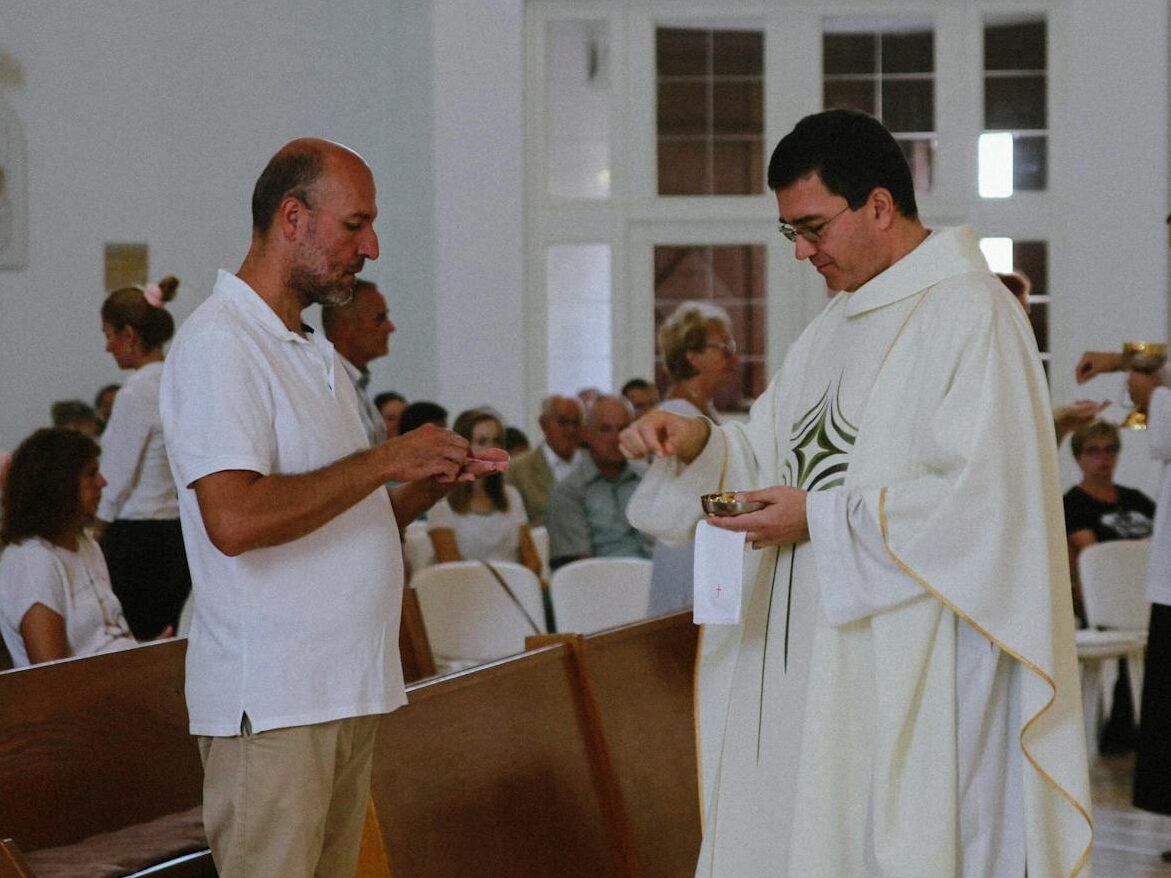
The early church didn’t have coffee shops or projection screens. They met in living rooms and shared whatever they had to offer. Somewhere between then and now, we picked up programs and systems but lost some of their simplicity. Not all of it was perfect, but they understood a few things we’ve forgotten.
They met in actual homes.
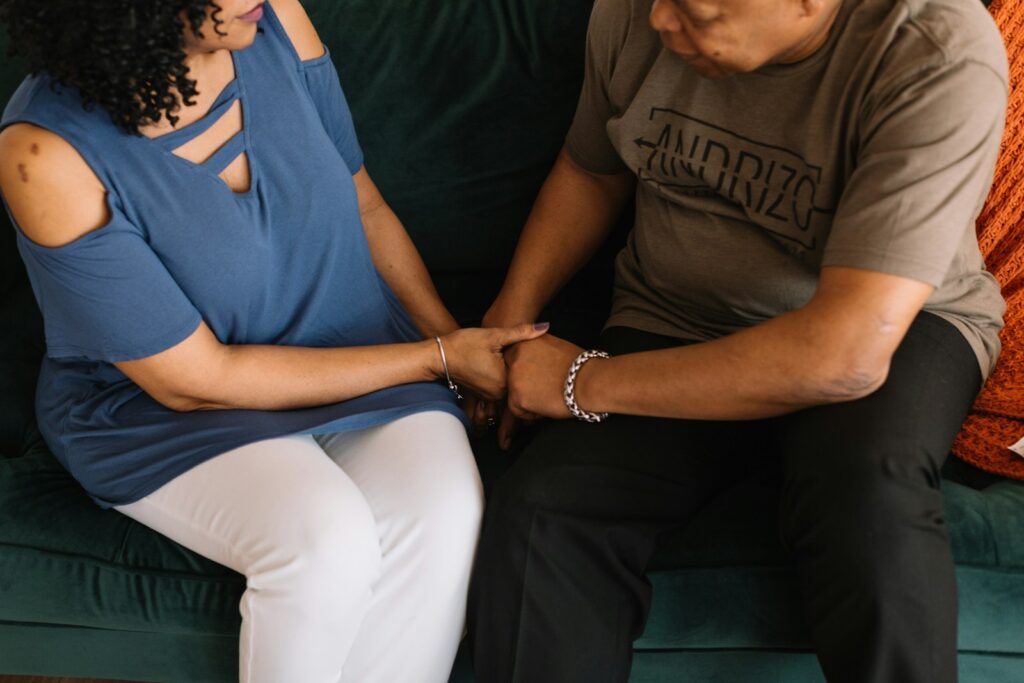
Back then, church services were held at someone’s house. It didn’t matter if they had a living room big enough; everyone squeezed in anyway. Kids kept playing in the next room. Nobody handed out programs or worried about where to park—just people sitting on furniture that didn’t match. Now we have buildings that cost millions, and most folks don’t know who sits three rows behind them.
Everyone brought food.

Communion was an actual meal back then. People showed up with whatever they had cooked. Bread from someone’s morning baking. A pot of something that smelled like garlic and herbs. They sat around and ate together for an hour or more. Talked about their week. Passed dishes across the table. Now we get a wafer the size of a dime and call it fellowship.
They expected trouble.

Early Christians didn’t pray for comfort or ask God to make their lives easier. They knew following Jesus might cost them everything. Some lost their jobs. Others ended up in prison. The idea of a blessed life meant something different when your neighbour might report you to the authorities. Modern Christianity turned faith into a formula for success and forgot that the cross comes before the crown.
Elders actually led things.
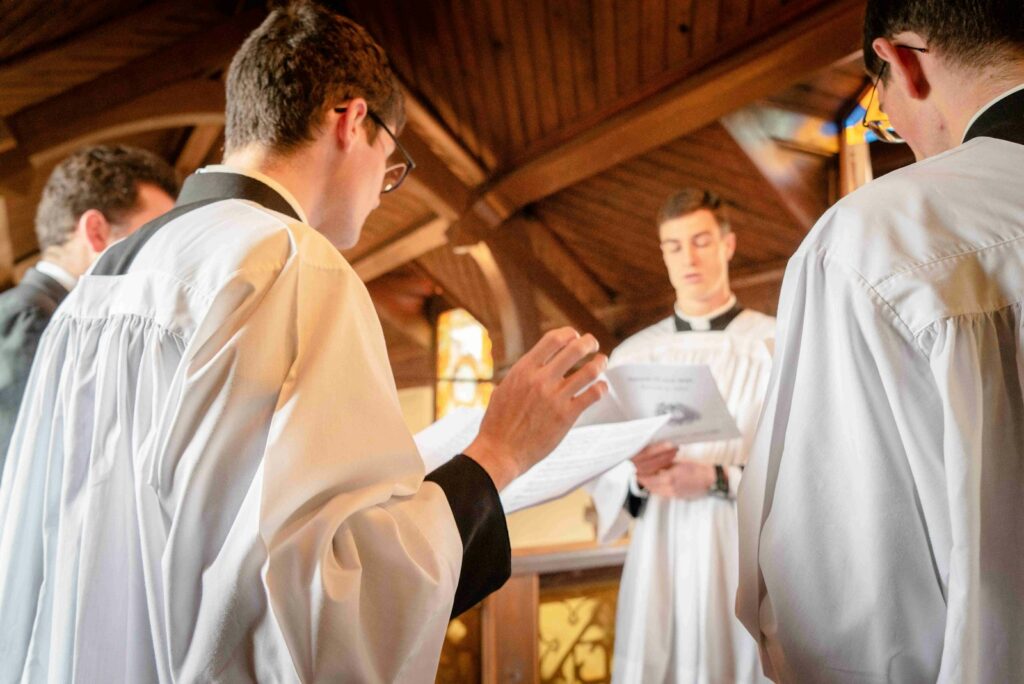
There wasn’t a single person with a title who made all the decisions. Leadership was plural. A group of older believers who’d proven themselves over time guided the church together. Nobody built a personal brand or wrote books about their leadership style. They just knew the people they were serving. Now we fly in celebrity pastors and call it revival.
Baptism happened fast.

Someone heard about Jesus, believed, and was baptized that same week. There weren’t classes or membership requirements. You didn’t have to prove you understood systematic theology. The Ethiopian official was baptized in a roadside puddle after just one conversation. Early believers figured the Holy Spirit could teach new converts without a twelve-week course.
Money went to people in need.

The church collected offerings and distributed them to widows and those struggling to provide for their families. Not much went to buildings or salaries. When someone had extra, they shared it without making announcements. Barnabas sold a field and brought the money in a bag. Modern churches spend millions on lights and sound systems and call it stewardship.
Worship was simple and participatory.
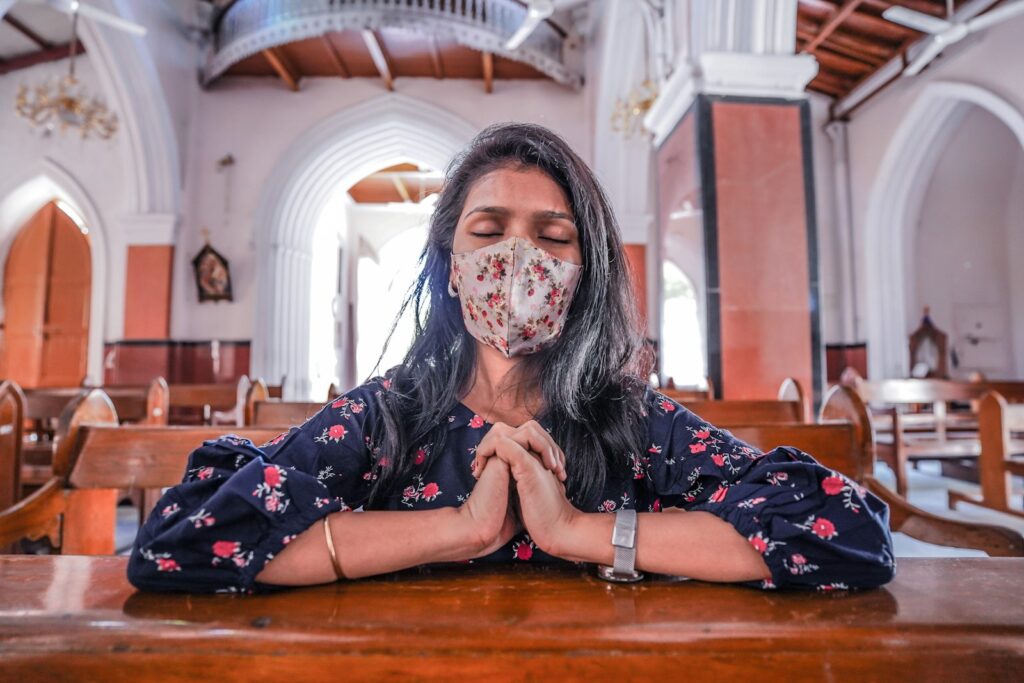
There were no four rehearsals before Sunday, nor was a setlist approved by a committee. People sang psalms and shared what God was teaching them. Someone might stand up and encourage the group or tell a story. The structure stayed loose enough for the Spirit to move. Now we print bulletins and schedule spontaneity.
Women spoke and served.
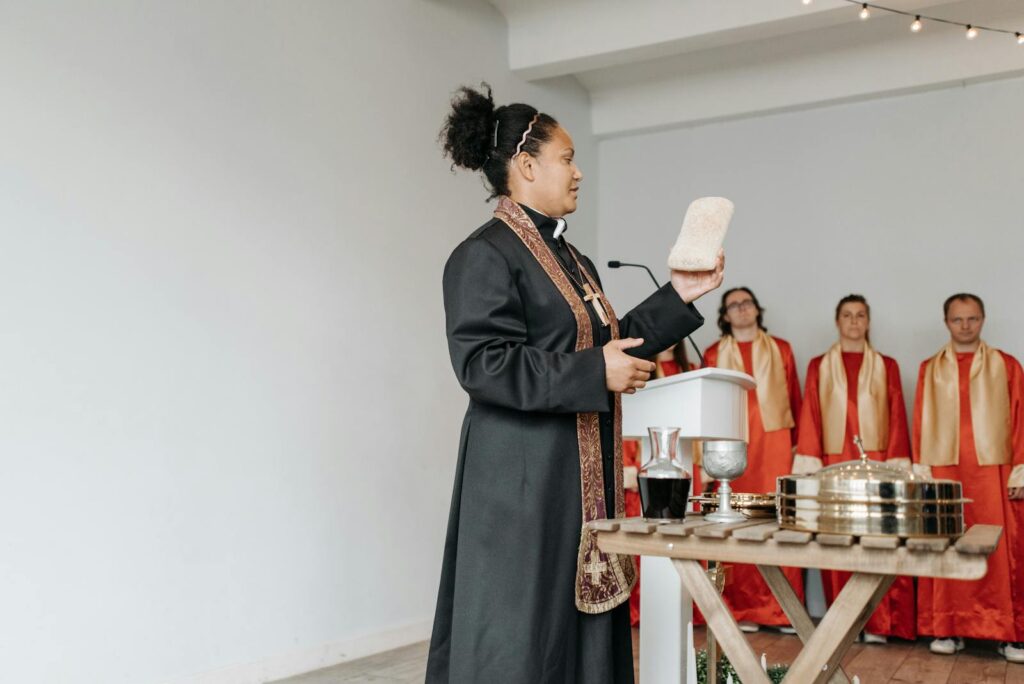
Priscilla taught Apollos when he got things wrong about Jesus. Phoebe carried Paul’s letter to Rome and probably explained it to the churches there. Junia was an apostle. Women prophesied in Corinth. The early church had women engaging in real ministry before someone decided that this threatened the established order. A lot of talent sits idle now because of gender.
They fasted regularly.

Early believers went without food as a normal part of their spiritual life, not as a diet or a detox but as a way to focus on God. They fasted before making big decisions or sending people out on a mission. You can’t do that comfortably. Modern Christianity added doughnuts to everything and forgot what hunger feels like.
Sharing wasn’t optional.
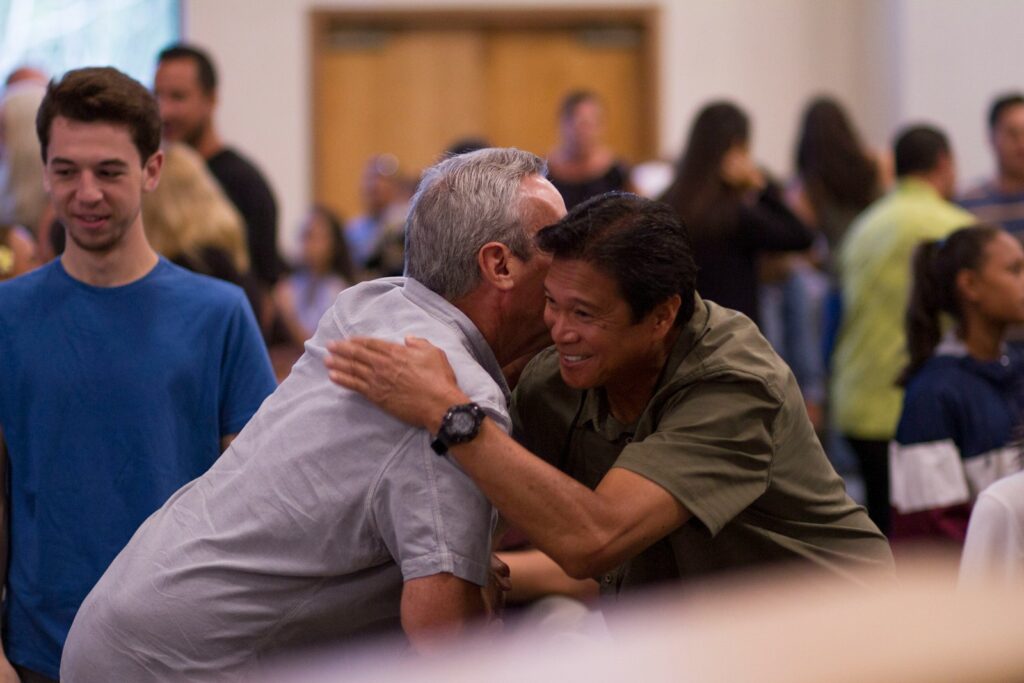
Someone in the church couldn’t pay rent, and three people sold things they owned. Just did it. Nobody made announcements or set up a fund. They identified a need and addressed it before the end of the week. Acts mentions this as if it were normal because it was. Churches today save money for future emergencies while people go hungry in the present.
Persecution shaped their identity.

The world wanted them gone. That’s why they gathered, not for coffee and a message about your best life. They needed each other because everyone else was a threat. Suffering does that. It cuts through the small stuff fast. Modern Christians argue about song choices and paint colours because we’ve never had to choose between faith and safety.
They memorized scripture.
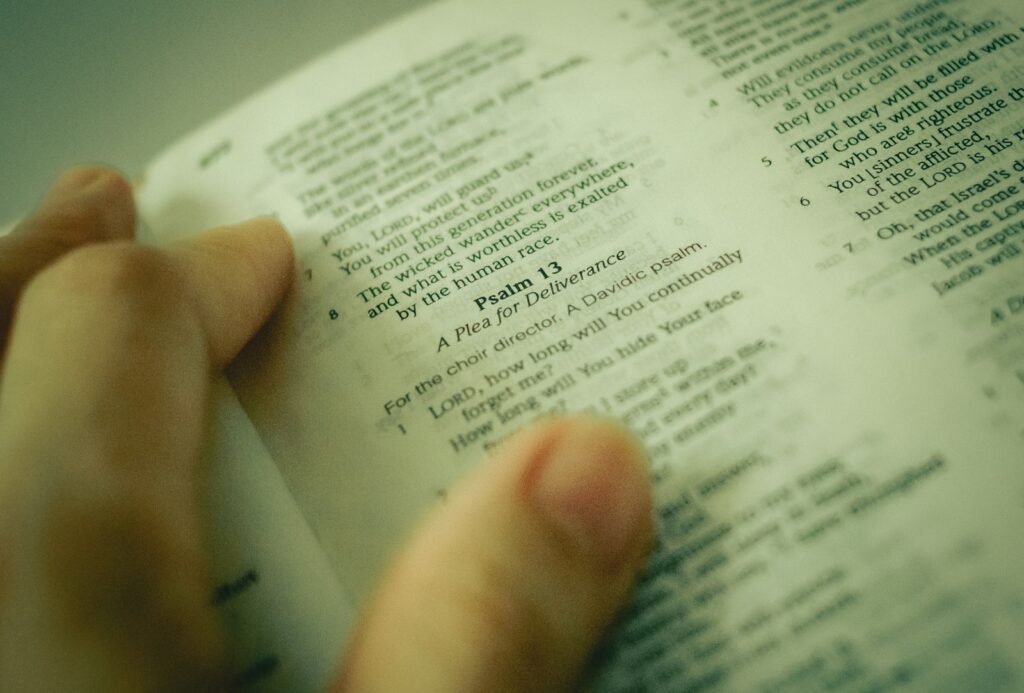
Most people couldn’t read, and books were expensive. So, believers learned passages by heart and recited them to one another. They carried the words of Jesus around in their heads, not on their phones. Memory meant the truth stayed with you when everything else got taken away. Now we can search for anything instantly, but can’t quote a single verse.
Hospitality was automatic.

Travelling believers arrived, and people welcomed them without hesitation. There weren’t background checks or liability waivers. You welcomed strangers because that’s what Christians were supposed to do. Paul stayed in people’s homes wherever he went. Someone always had a spare room or a mat on the floor. Churches now hire security teams and lock the doors.
They expected Jesus to return soon.
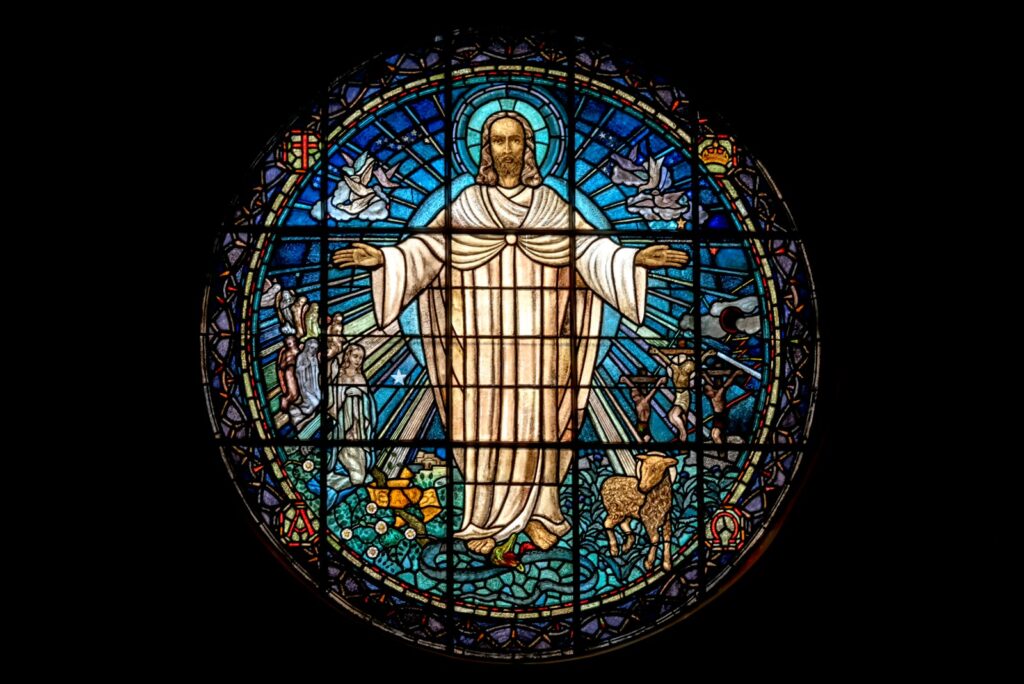
Early believers didn’t save for retirement. Why would you, when Jesus might show up next month? They sold property without thinking twice. Made decisions fast. A five-year plan seemed ridiculous when the kingdom could break in tomorrow morning. Now churches hire consultants to map out their vision for 2035. Jesus said he’d come without warning, and they believed him.
Doctrine mattered but unity mattered more.
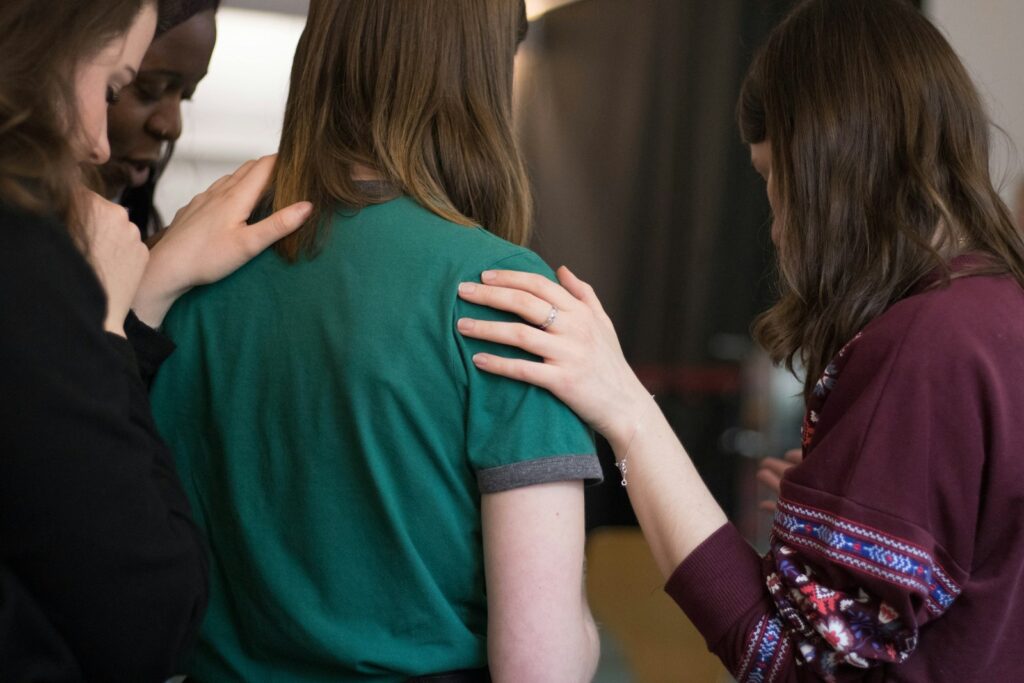
They had disagreements about food, holy days and circumcision. Paul and Barnabas split up over John Mark. But they didn’t divide into denominations or refuse to share communion over secondary issues. The foundation was Jesus, and the rest they worked out together. Now we’ve got thousands of denominations because someone didn’t like the music.

